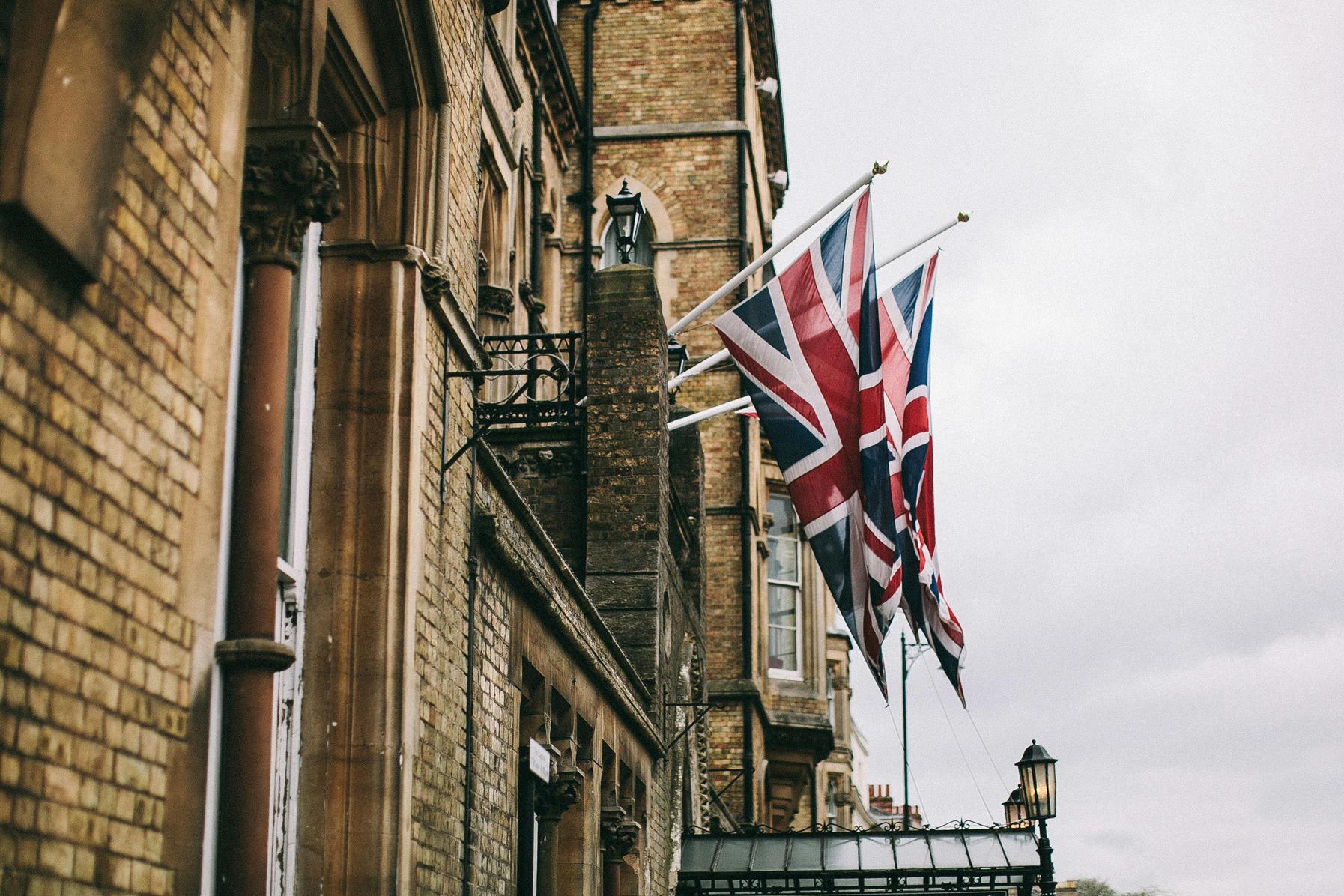When travelling to UK, it is important that you are aware of the Rules and Regulations so as not to fall foul of the law. To enter the UK, you must have a valid passport that should be valid for the whole of your stay.
Additional Services
If you are travelling to UK and have obtained a visa, the Registered Traveller service* can help you get through the UK border faster when you arrive. You will need to carry your visa or biometric residence permit, if you have one.
*You can not use this service if you hold a passport from Australia, Canada, Japan, New Zealand, Singapore, South Korea or the United States but you may still be able to use the e-passport gates.
If you intend to travel frequently to the UK and if you are eligible to be a Registered Traveller, you can apply online. The cost is £70 and the documents are valid for 12 months.
If you are a national of Kuwait, Oman, Qatar or the United Arab Emirates you can obtain an electronic visa waiver (EVW) instead of a visa. This document allows you to visit the UK for up to 6 months for the purposes of tourism, business, study or medical treatment. You will need to apply 3 months before you travel. The cost is £30 and the document is for up to six months during the visa validity period.
Upon arrival in the UK, foreign nationals no longer have to fill in a landing card. Your passport (and visa if you have one) will be checked at border control. The immigration officer will usually ask why you are coming to the UK.
Bringing goods to the UK
You can bring some goods from abroad without having to pay UK tax or duty (customs charges), as long as they are for your own use.
Your duty-free allowance means you can bring in a certain amount of goods for your own use from outside the EU without paying duty or tax. When you are bringing in goods you must transport them yourself and use them yourself or give them away as a gift.
You cannot combine allowances with other people to bring in more than your individual allowance. If your allowance is exceeded, you will have to pay excise duty on the value of any goods, alcohol or tobacco over the allowed amount. You may also have to pay import VAT on the total value of the goods including any excise duty applied.
On arrival in the UK, you must tell customs if you have goods that exceed your duty free allowance, that are banned or restricted or that you plan to sell. You should be aware that your bags can be checked, prior to leaving the airport for anything that should have been declared.
Bringing cash to the UK
You must declare cash of €10,000 or more (or the equivalent in another currency) if you take it between the UK and any non-EU country.
For the purposes of immigration, cash includes notes and coins, bankers’ drafts and cheques (including travellers’ cheques).
If you are travelling as a family, you need to declare any cash over €10,000. The cash needs to be declared on Form C9011. You should be aware that you could face a penalty of up to £5,000 if you do not declare your cash or you give incorrect information.
At most UK airports, there are three exits through Customs :
- Green channel if you are travelling from outside the EEA and have nothing to declare ;
- Red channel if you are travelling from outside the EEA and have goods to declare and
- Blue channel if you have arrived from another airport within the EEA.
You should therefore ensure that you proceed through the appropriate channel.
The above is a general commentary on the subject matter and should not be construed as specific legal advice. It should also be remembered that in the event the UK does leave the EU you will need to obtain updated information as the relevant Law, Rules and Regulations are likely to change substantively. To seek specific advice, please do contact Dee Popat or visit here.

Head of Family Law / Senior Consultant

